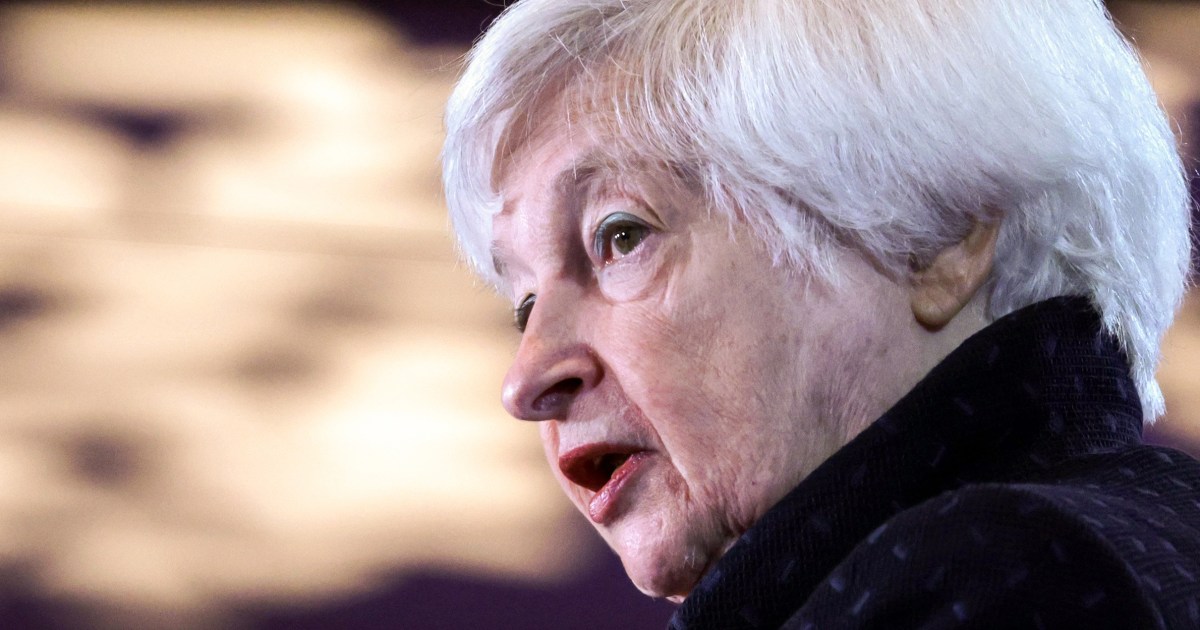Key takeaways:
- Treasury Secretary Janet Yellen warned that the U.S. government will be unable to pay its bills as early as June 1 if Congress fails to raise the debt ceiling.
- President Joe Biden has indicated that he is not willing to accept a bipartisan deal on solely Republican terms.
- The Treasury Department has already taken steps to delay payments and manage cash flow, but Yellen warned that these measures are not a long-term solution.
Treasury Secretary Janet Yellen warned Sunday that the U.S. government will be unable to pay its bills as early as June 1 if Congress fails to reach a deal to raise the debt ceiling. In an exclusive interview on “Meet the Press,” Yellen said that early June is a “hard deadline” for the federal government to raise the debt ceiling and that bills will go unpaid if Congress does not reach an agreement.
Yellen also noted that President Joe Biden has indicated that he is not willing to accept a bipartisan deal on solely Republican terms. This sentiment was echoed by world leaders at the G7 Summit Leaders’ Meeting in Hiroshima, Japan, who expressed concern about the potential global ramifications if the United States were to be unable to meet its financial obligations.
Yellen stated that she has not changed her assessment since her last letter to Congress and that she will continue to update Congress as the situation develops. She urged Congress to reach a deal to raise the debt ceiling before the hard deadline of early June.
The debt ceiling is a legal limit on the amount of money the U.S. government can borrow. It has been raised numerous times in the past, but failure to do so now could have serious economic consequences. The Treasury Department has already taken steps to delay payments and manage cash flow, but Yellen warned that these measures are not a long-term solution.



Be First to Comment